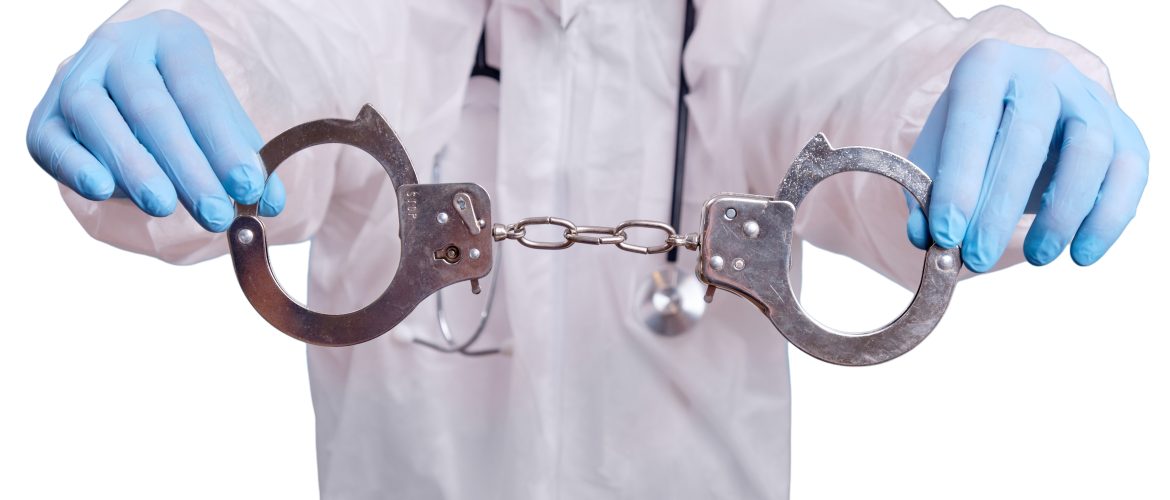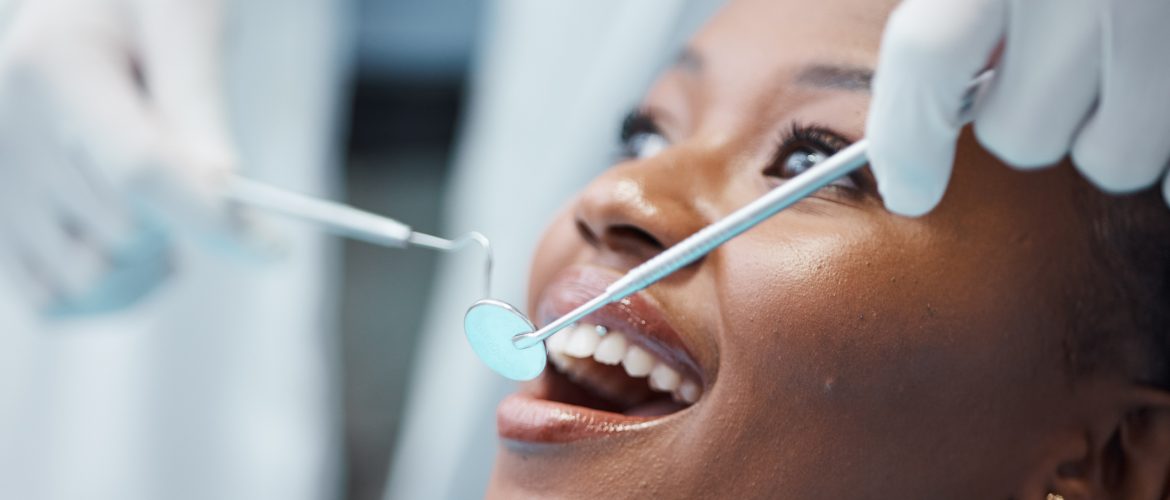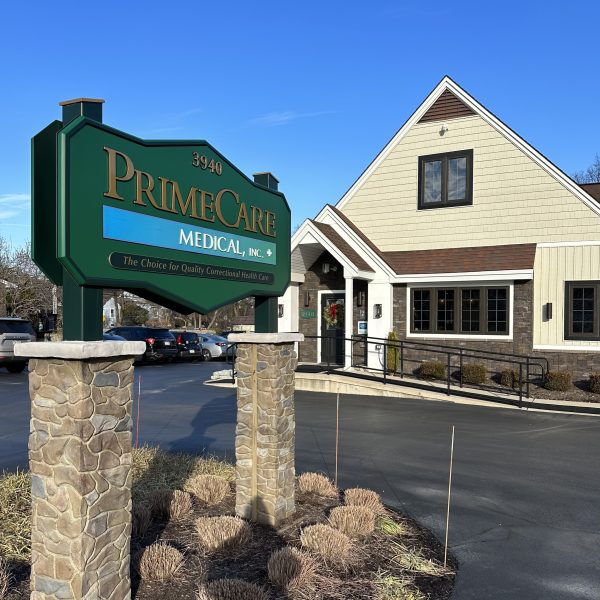Author: Tom Weber, Esq. Critics argue that providing health care to incarcerated individuals is an unfair use of taxpayer dollars, especially since many citizens struggle to afford their own health care. They believe that those who have committed crimes should not enjoy privileges similar to those of the general public, especially in times when resources are stretched thin. The concern is that funds directed toward correctional health care could instead support law-abiding citizens—veterans, low-income families, and others who also face difficulties
Author: Nathan Kalteski, DDS Dentistry is essential in corrections for providing emergency dental services, managing pain, controlling infections, and providing patient education on preventative care. It is also necessary to meet established standards of care and enhance the quality of life for individuals in custody. Just as important is how dental health is intricately connected to overall health. Maintaining good dental health can have far-reaching benefits in preventing chronic diseases and promoting overall well-being of incarcerated individuals for the following reasons: Reduces
Authors: Emily Scordellis, PsyD, CCHP and Tommy Williams, BSN, RN, CCHP. Why is this so important? In correctional health care, the significance of behavioral health treatment cannot be overstated, and it is an essential component of a quality health care program. Behavioral health issues, including mental health and substance use disorders, are prevalent among incarcerated individuals, necessitating specialized attention and comprehensive interventions. Recognizing and addressing behavioral health issues is part of a holistic and proactive approach to the health of incarcerated individuals, while










